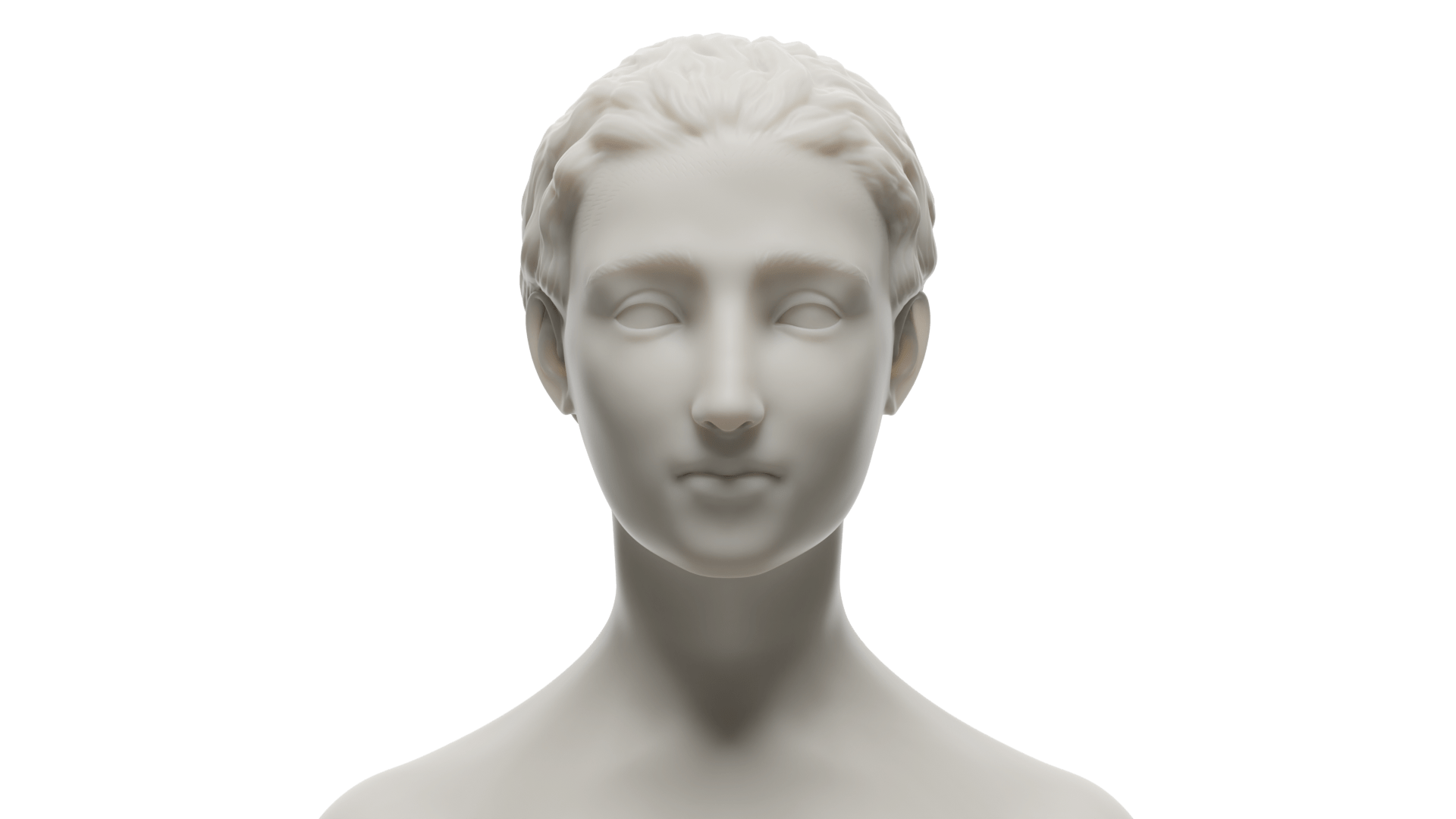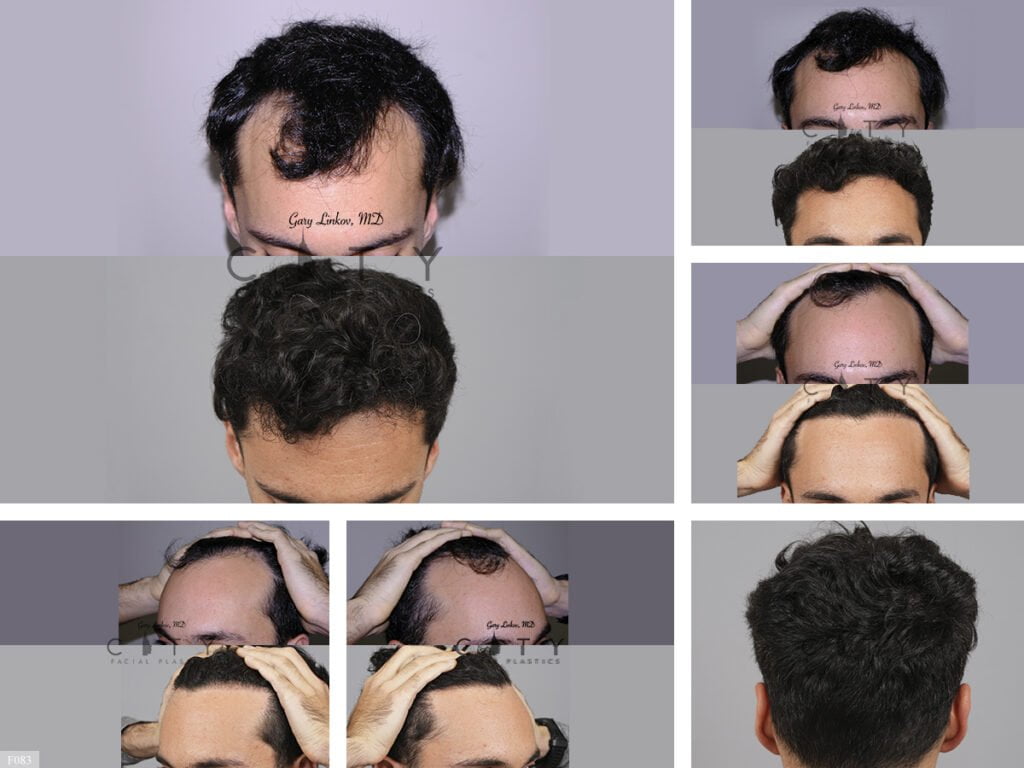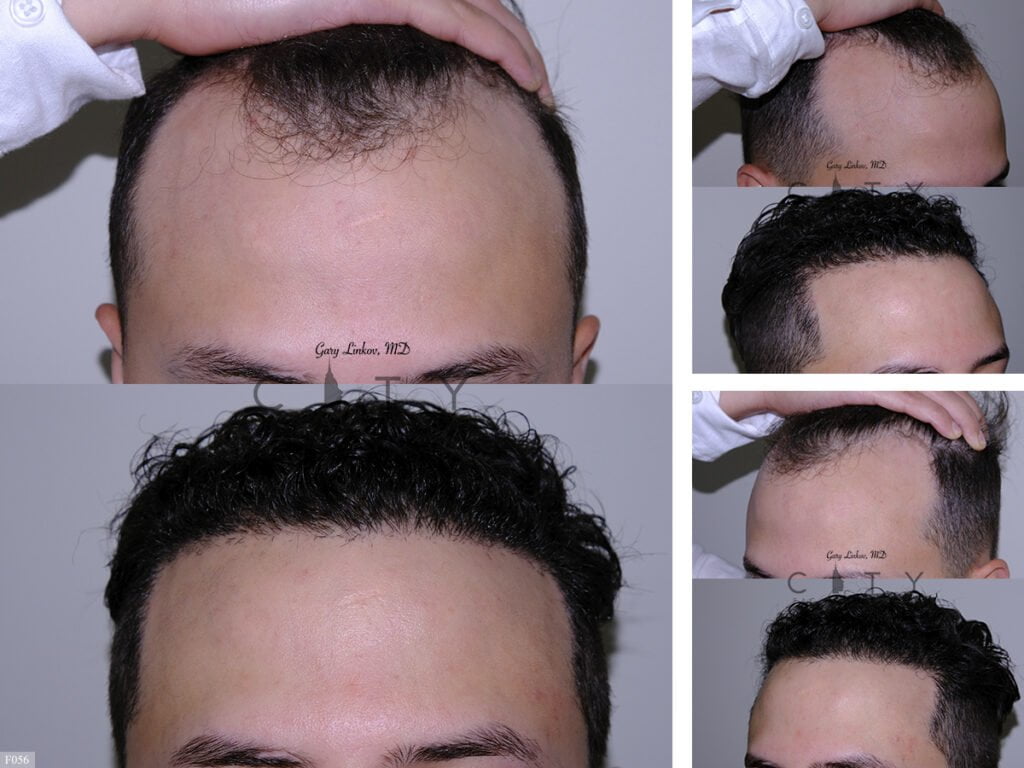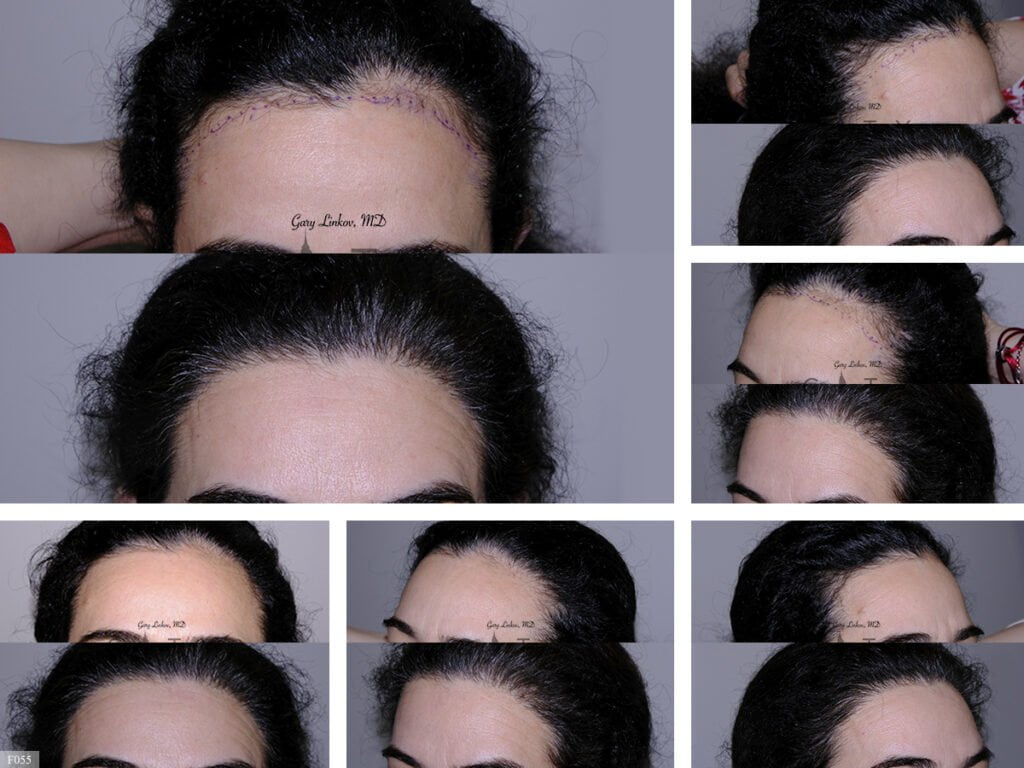Lupus
An autoimmune disease with no cure, lupus impacts your life in many ways. While lupus hair loss may not be the most dramatic symptom of the disease, it’s one that can be treated. Choose lupus hair loss treatment from a reliable, experienced specialist like Dr. Gary Linkov at hair loss center in Midtown Manhattan. You can get effective treatment for lupus hair loss to restore your appearance as you manage your other lupus symptoms. Call Dr. Linkov for an evaluation and treatment today.

What Is Lupus?
Lupus is a chronic autoimmune disease that can cause inflammation and pain in any part of your body. When you have lupus, your body’s immune system can’t differentiate between harmful foreign organisms and your body’s healthy cells, tissues and organs. As a result, the immune system reacts sporadically, killing healthy tissue. Hair loss is but one problem associated with this autoimmune disease, but one that can lead to emotional issues as well as physiological problems. The different types of lupus include:
Systemic lupus erythematosus This is the most common form of lupus. It affects many of your organs, including your skin, joints and kidneys.
Lupus of the skin This type of the disease includes cutaneous lupus, chronic cutaneous lupus erythematosus and subacute cutaneous lupus erythematosus. All these types affect your skin.
Drug-induced lupus erythematosus This is a lupus-like disease associated with some prescription drugs. It leads to inflammation of your joints and around your lungs.
Neonatal lupus erythematosus This is a rare condition that affects the infants of women suffering from lupus and those who have certain antibodies. It may also lead to hair loss.
While lupus has no cure, Dr. Gary Linkov, a board certified specialist in New York’s Linkov Hair Surgery, can treat your symptoms. A leading hair transplant doctor, he uses advanced techniques and procedures to help you overcome your hair loss condition. Dr. Linkov provides individualized lupus hair loss treatment, using a multi-disciplinary approach.

How Does Lupus Cause Hair Loss?
During your lupus diagnosis, your doctor explains the different symptoms that come with the disease. One symptom of the autoimmune disease is hair loss, and your hair loss doctor may describe the condition in different ways, including:
- Non-scarring inflammation Inflammation is one of the most common problems associated with lupus, and inflammation on your scalp affects your hair follicles, leading to a non-scarring form of hair loss. This type of hair loss may also strike your eyebrows, eyelashes and other facial hair.
- Scalp scarring If you suffer from discoid lupus, you can get sores or lesions on your skin, including on your scalp. This scarring damages your hair follicles and results in permanent hair loss.
- Lupus medications Some medications used in treatment of lupus may cause hair loss as a side effect.
Getting an early diagnosis for lupus helps you manage its symptoms, including hair loss. Lupus hair loss treatments at Linkov Hair Surgery can restore the lost hair and boost your self-esteem. Your hair restoration specialist provides you various options to manage your hair loss from lupus.

What Are Symptoms of Hair Loss from Lupus?
Lupus is a system-wide autoimmune disease that causes myriad symptoms, including hair loss. Hair loss may not be the most serious result of lupus, but it can be a distressing condition. To treat the condition, your doctor first identifies the underlying issue through an exam and testing. Signs that your hair loss is due to lupus include:
Noticeable hair loss People with lupus lose more hair than normal. You may notice more shedding on your bedding, in the shower or in the shower drain.
Thinner hair For some people, hair weakens around the hairline, leading to breakage and minor thinning. You may also lose clumps of hair
A unique hair loss pattern You may suffer hair loss across your whole body or you may lose hair in patches in specific areas. It definitely doesn’t resemble female or male pattern hair loss.
Gradual hair loss Lupus damages the skin on your scalp, including the hair follicles. Your hair stops growing, but you may not notice the hair loss immediately.
Lupus hair People suffering lupus hair loss develop jagged, ragged and irregular short hairs at the front of the scalp. The hairs at the front of the hairline tend to break off easily.
Body hair loss Lupus may cause loss of hair on your face and body. You may notice a loss of body hair, including your eyebrows, eyelashes and beard hair.
Other symptoms of lupus If you experience hair loss with other lupus symptoms, seek medical help, as early detection helps control your symptoms. Common lupus symptoms include butterfly rashes, joint pain, muscle pain, chest pain, red or inflamed eyes, kidney problems and mouth sores.
Other conditions — such as stress, a vitamin D deficiency, COVID-19, diabetes and anemia — also cause hair loss. Your doctor carries out tests to confirm the underlying cause before starting treatment for lupus hair loss.
Why Should I Get Lupus Hair Loss Treatment?
Premature hair loss causes trauma in both men and women. Hair loss from lupus adds to other unpleasant symptoms from the autoimmune disorder. Treatment for hair loss caused by lupus helps to:
- Boost your body image, self-esteem and self-confidence
- Prevent psychological disorders such as anxiety, stress and depression
- Improve your social life and relationships
Treatment for hair loss due to lupus impacts your life in different ways. In combination with other treatments for the underlying disease, the NYC hair loss treatment specialists make your life more comfortable and productive.
What’s the Best Treatment for Hair Loss Due to Lupus?
After your lupus diagnosis, your hair loss doctor explores different options to restore your hair. Some hair loss treatment options available include:
- Lupus medication To control hair loss from lupus, your doctor prescribes medication to manage the autoimmune disease.
- Injections of corticosteroids Inflammation caused by the body’s overreaction damages hair follicles and leads to hair loss. Corticosteroid injections directly into the scalp relieve inflammation and protect the hair follicles to stimulate hair growth.
- Other hair loss treatments Your doctor may recommend other hair loss treatment solutions, such as platelet-rich plasma injections, laser therapies, stem cell therapy, exosome therapy or even a hair replacement system.
Dr. Linkov and his team partner with your primary doctor to offer individualized treatment for hair loss due to lupus. You can benefit from their expertise to recover your hair.

How Do You Stop Hair Loss from Lupus?
Lupus is a chronic condition, and the accompanying hair loss requires consistent management. Techniques to stop hair loss from lupus include:
- Avoiding exposure to direct sunlight
- Embracing an active lifestyle and regular exercise to reduce stress
- Getting plenty of rest
- Practicing self-care with yoga, meditation or breathing exercises
- Changing medication if you notice aggravated hair loss
- Tracking your lupus disease activity
- Treating your hair gently to avoid breakage
- Eating a healthy diet with protein, fats and micronutrients
For the best hair loss lupus treatment, contact the office of Dr. Linkov and his team. At NYC’s Linkov Hair Surgery, you gain access to a range of outstanding hair loss treatment solutions.

Dr. Gary Linkov is an experienced Ivy League-educated hair transplant surgeon. Having suffered from hair loss himself, he treats his patients with compassion using a multi-disciplinary approach based on the latest hair regrowth methodologies and technologies.
He has authored numerous peer-reviewed articles and book chapters, contributing to the field. Dr. Linkov’s expertise in hair transplant surgery has earned him recognition and made him a sought-after physician. He was featured on the Dr. Oz Show for his needleless PRP hair restoration procedure. USA Today ranks him among the top three plastic surgeons in the United States for reconstruction and natural-looking results.
Publications More about Dr. LinkovLinkov Hair Surgery
150 E 56th St, #1A
New York, NY 10022
(212) 970-9404






